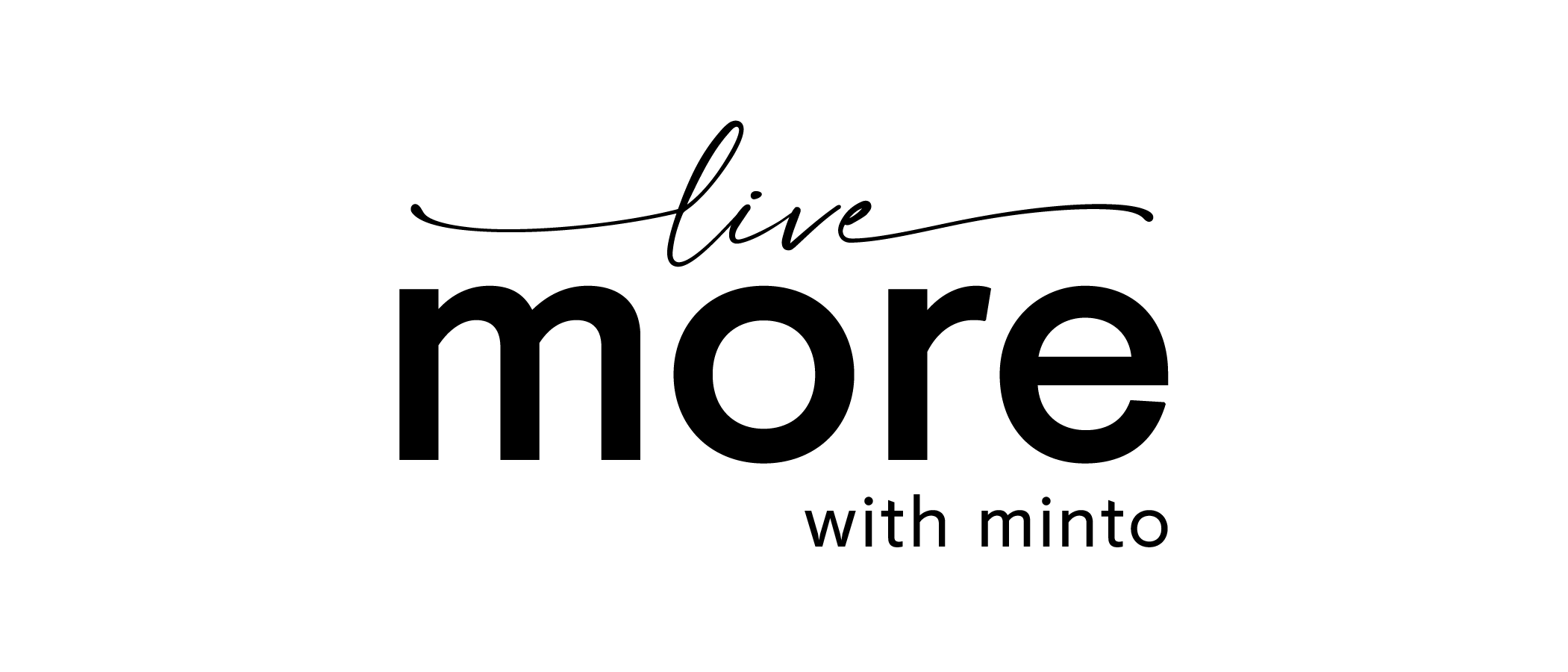
Looking to buy your first home? Here’s how to save for a down payment
Home ownership is something many people dream of. Who doesn't want to start building their own equity? Equity is money that works for you. Equity is the difference between what you owe on a house and what it’s worth – and that’s like money in the bank. So, when you own a home, you’re not just paying for shelter, you're paying for an asset that has real value.
But buying a home is expensive and prices keep going up. Home prices across the country in December 2020 reached an average of $607,280, up 18% over the same month a year before. Let's get into the details in this guest post.
What's a down payment and how much do you need?

It’s one thing to be able to afford a mortgage payment, but the biggest hurdle for first-time buyers is coming up with a down payment for the house. A down payment is part of the purchase and the higher your down payment, the lower your interest payments will be on the life of your mortgage. For most houses in Ontario, a minimum down payment of 5% is required. So, if you want to buy a $500,000 house, you’d need at least $25,000 as a down payment. One thing that’s important to know too is that if your down payment is less than 20% of the purchase price, then you’ll have to purchase mortgage loan insurance as well, which can add up to 4% to the amount of the mortgage.
Unless you win the lottery or have an inheritance, coming up with something like $25,000 for your down payment can be a challenge. So how can it be done?
Debt consolidation can help you save for a down payment

The basic rule of budgeting is that you need to have more money coming in every month than going out. If you need to save for a down payment, you’ll need to either get more income somehow or lower your expenses. Getting a second job would be a way to bring more money in. Cutting out unnecessary expenses from your budget is also a good start.
A big part of many people’s monthly expenses is debt repayment – for such things as school loans, car loans, personal loans or credit cards – and the interest that’s paid on debt.
Having too much debt can impact the amount of money you save for a down payment. One way to pay down your debt faster is through a debt consolidation loan. It rolls all your other debt into a single loan, usually with better interest rates and lower monthly payments. The money you free up every month can go towards saving for a down payment.
Debt consolidation can improve your credit score and get you better rates

By getting a debt consolidation loan and consolidating bills such as credit card debt you can also improve your credit score. Every time you miss a payment, you accrue interest and eventually, late payment history affects your credit score. A debt consolidation loan is used to pay off all your smaller debts at once so you can focus on one payment schedule and protect your credit score against the risk of late payments. It’s very important to have a good credit score before shopping around for a mortgage. This is because the better your credit score, the better the chances of securing a better mortgage rate with a prime lender. The better your mortgage rate, the less money you’ll pay in interest over time and that can save many thousands of dollars over the life of your mortgage.
To secure a traditional mortgage through a bank or other major financial institution, you’ll typically need a credit score of 600 or higher. But what should you do if your credit needs improvement?
First, you want to make sure your credit report is accurate – it’s possible there could be errors that could be affecting your score. If your credit score is below 600, there are several mortgage options. First, see if your ideal lender is willing to work with you. This might be possible if you can demonstrate strong earnings, a rising credit score, and consistent debt repayment. If you don’t meet mortgage loan criteria through any traditional lenders, consider a subprime or private mortgage. This will cost you significantly more in interest, but may be what you need to get into the housing market.
You also might want to take a bit of time to improve your credit score before trying to jump into the housing market – you would pay less over time and have more time to build up the down payment too.
The government can help too!

If you’re looking to buy your first home, the federal government has an incentive program to help you. The First Time Home Buyer Incentive helps qualified first-time buyers reduce their monthly mortgage payments. It’s a shared-equity program in which you can use 5% for a purchase of a resale home, or up to 10% for a new construction. It allows prospective homeowners to not have to save as much for a down payment.
You’ll want to look into all these things when you’re looking to buy your first home. The Canadian Mortgage and Housing Corporation has a handy mortgage affordability calculator to help you in determining how much you can afford to buy, which will help determine how much of a down payment you need to save for as well. With proper research and planning, you can find a home and mortgage plan that works for you.
For more helpful information and financial advice, visit goeasy Academy.

